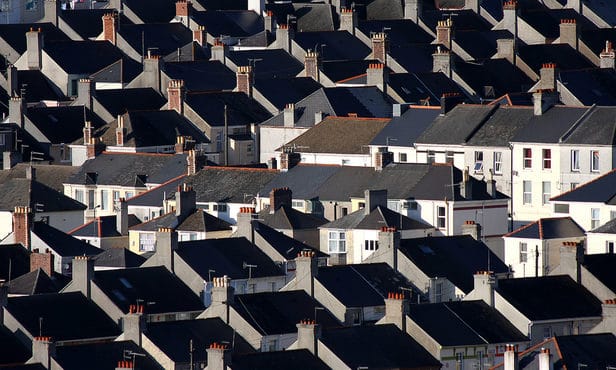House prices in England and Wales are set to rise by 1.9% between June and September, reflecting a surge in buyer demand post-lockdown, reallymoving’s House Price Forecast for June 2020 has revealed.
As homebuyers register for quotes for home move services on the site typically 12 weeks before their purchase completes, reallymoving is able to provide a three-month property price forecast based on the purchase price agreed.
Historically, reallymoving’s data has closely tracked the Land Registry’s Price Paid data, published retrospectively.

House prices increase by 300% in 20 years
It found that average house prices in England and Wales will rise by 1.9% over the next three months from £308,280 in June to £314,235 in September 2020.
Transaction volumes and prices agreed by buyers and sellers fell sharply immediately after lockdown, yet data on new sales agreed in June suggests that prices are on course to bounce back in September.
While the wider economic outlook remains uncertain, announcements such as the temporary increase in the stamp duty threshold to £500,000 should help support activity levels and price growth in the short-term.
Annual price changes Average prices are set to dip by 1.4% in August 2020, the first annual price fall in thirteen months, before returning to positive territory in September with 4.7% annual growth.
Rob Houghton, CEO of reallymoving, said: “Buyers took a cautious approach when the housing market first reopened, but we’re now seeing a clear surge in activity levels and a corresponding rise in sale prices being agreed.
“There is little positive economic news on the horizon, but buyers who are confident in their jobs and financial position may be deciding to press ahead now rather than wait indefinitely – especially as many have already held off for months or even years awaiting a Brexit resolution. Low interest rates and the Chancellor’s stamp duty giveaway in England and Northern Ireland will encourage them further.
“The longer-term outlook of the housing market remains unclear though and much will rest on the success of the government’s investment in job creation and economic support, particularly after the furlough scheme and mortgage payment holidays come to an end.”

